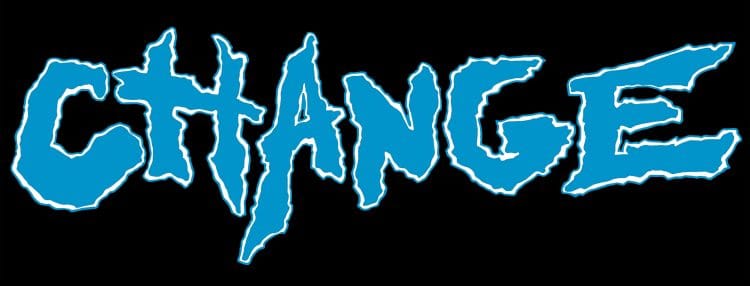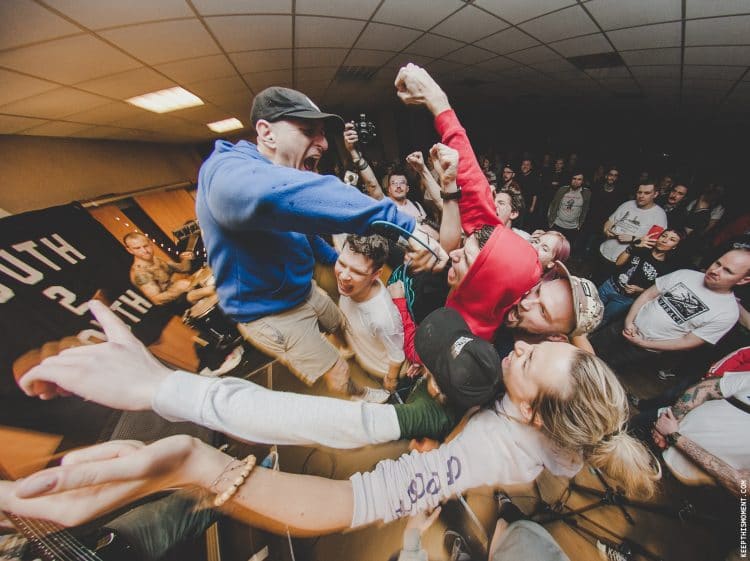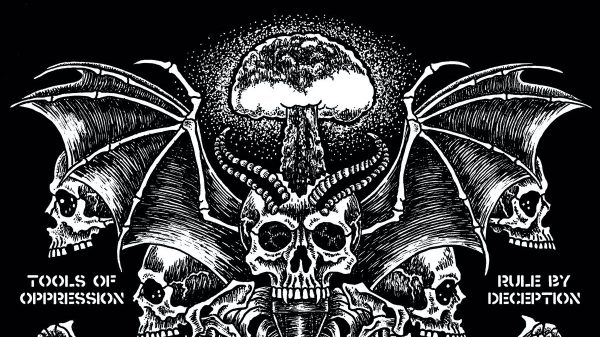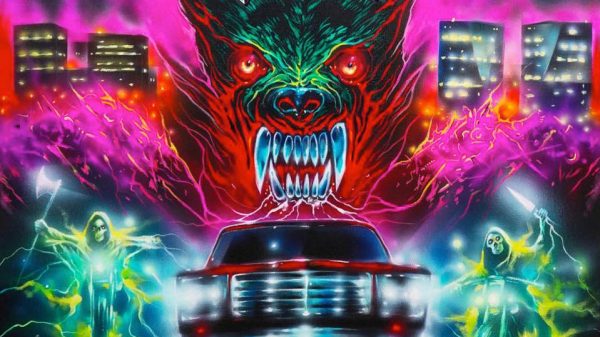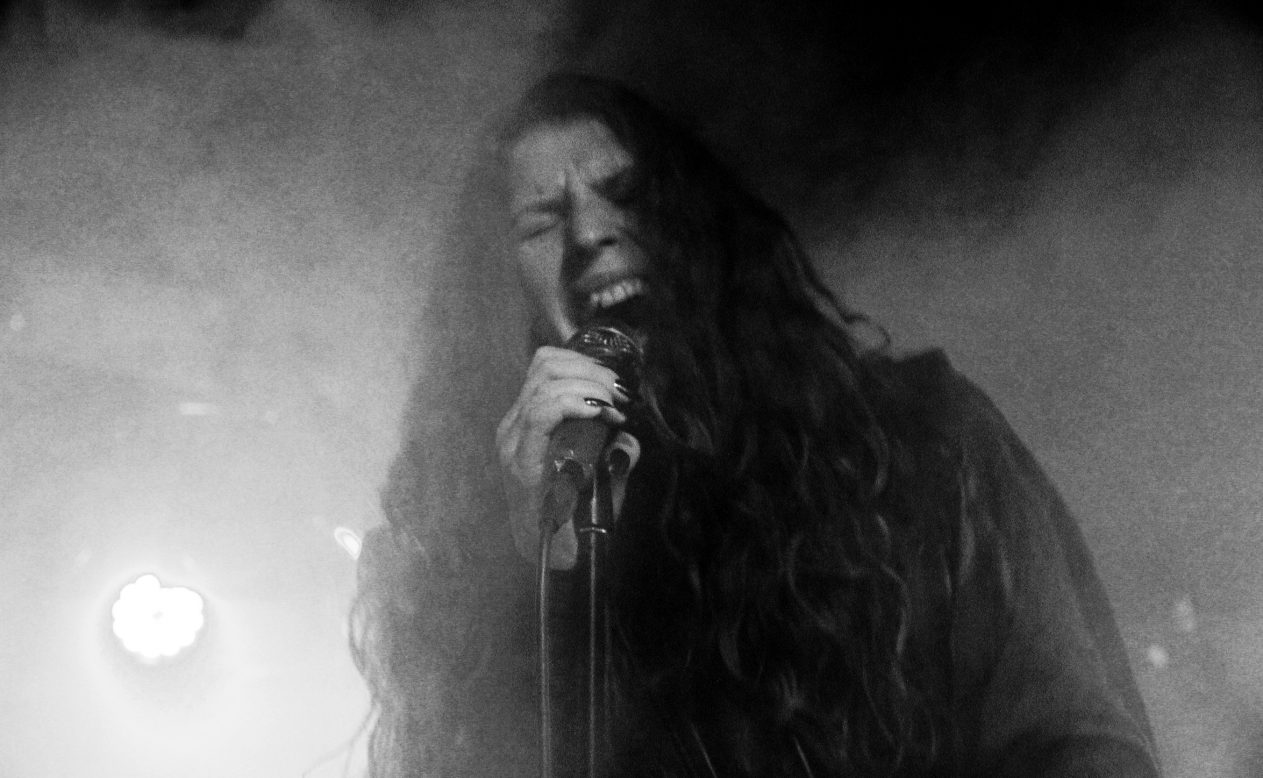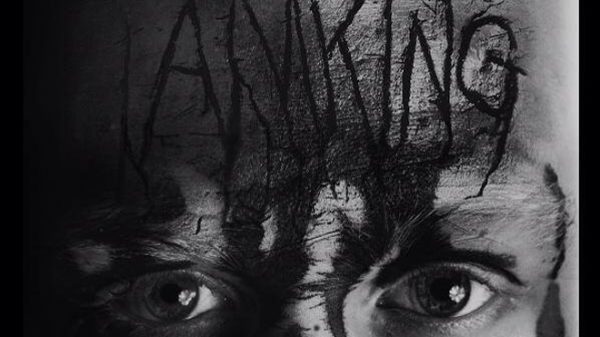Although it seems antithetical to talk about “rules” in punk, there are certain pillars that have made hardcore a meaningful genre that has stood the test of time, changing its sound without ever changing its ethos or its draw. Much like Supreme Court Justice Potter Stewart’s famous quote about pornography, despite its innumerable sub-genres and permutations, one knows hardcore when they hear it. But any hardcore fan will be quick to tell you that hardcore is about so much more than the sound. While the music is, of course, central, it is but the tip of the cultural iceberg that hardcore has become around the world. This music has become such a dominant, enduring force because of the guiding principles and unifying communities that comprise the rest of the iceberg.
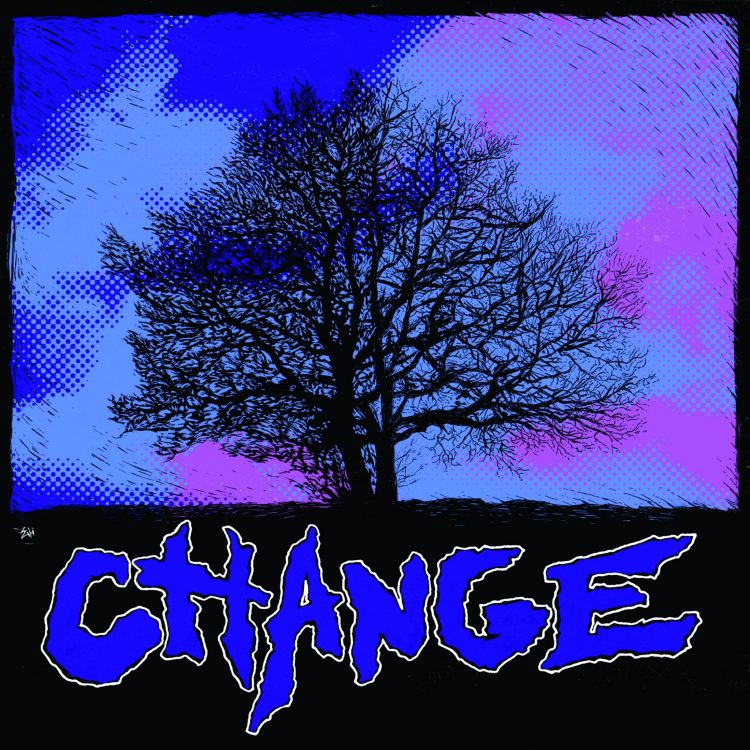
Hardcore is a home for the homeless, a family for the orphaned. It is a mentor for the misguided, a protector of the vulnerable. It is hard to convert a casual music listener to a diehard hardcore kid, but if one brings them to a local show featuring local bands, more often than not, even if they don’t run out and buy the first Ebullition test press they can find, they will “get” it. They will “get” why so many have formed a lifestyle around the lessons in hardcore songs that talk about hardship, injustice, loyalty, and personal growth.
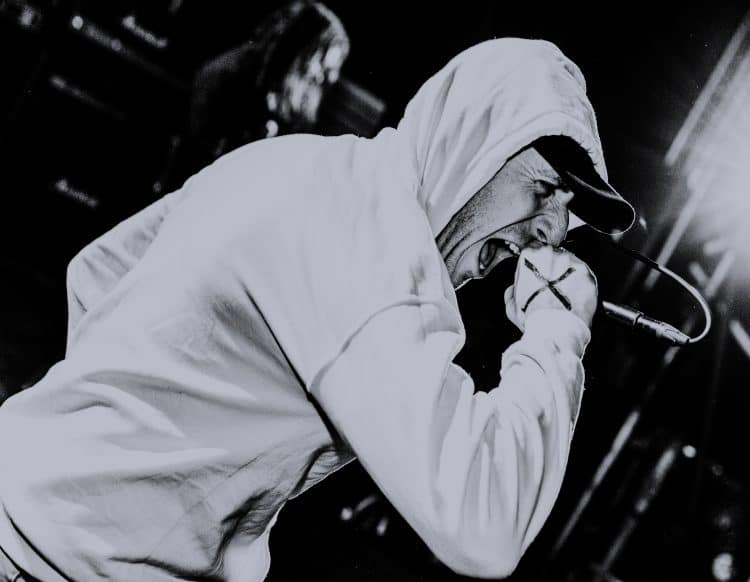
It is nearly impossible to find a band that can capture all of that experience on wax, but as we lurch into the seventh month with no live shows and no perceivable stage-light at the end of the tunnel, Seattle’s Change may have managed to do just that. No recording in recent memory has so perfectly captured the feeling of community, support, love, and righteous anger as their debut album, Closer Still.
An album three years in the making, Closer Still boasts a veritable who’s who of Pacific North West Hardcore in its recording and performing credits. Drawing from taste-making bands like Lower Species, Punitive Damage, Champion, Applewhite, Gag, Angel Du$t, End of Dayz, Keep It Clear, and Odd Man Out, it is no wonder that this dream-team could create a recording so effortless, dynamic, and sincere, one that somehow encapsulates the ineffable brilliance of the full hardcore experience into a series of brilliant, genre-touring songs.
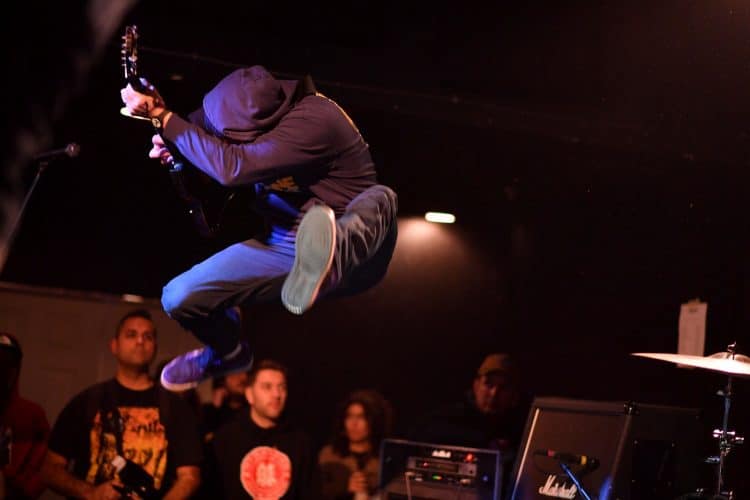
While it’s fairly unnecessary to make comparisons when the band’s roster boasts such pedigrees, Change manages to capture the classic straight edge and youth crew sounds so well that it seems right to mention 7 Seconds, Gorilla Biscuits, Chain of Strength, Bold, Judge, and Youth of Today. They even manage to sneak in a dash of The Specials here and there. At the inciting moment of the album-opener, “Closer Still,” the listener can vividly imagine themselves on the crowded stage of a posi-core show, as gang vocals sing the knowing and healing chorus, “This hurt could break the will. Pray to find the strength inside, to move closer still!” This is a rightful opener, as the arc of the album Closer Still is about finding the strength to heal society by healing yourself.
While the album emphasizes a strong inward gaze, it balances its calls to introspection with calls to attention, calls to action. Vocally straight edge, vegetarian-vegan, and social-justice-minded, many of the songs turn a mirror to society. Personal choices are political choices in the hard-driving “Reason,” and in a year such as this, its anthemic animal-rights chorus sounds shudderingly ambiguous: “Death, torture, captivity: Does this reflect humanity? See how fast our ideals fold.”
Acknowledging societal evils is no rare thing in hardcore. Solutions, optimism, brightness, though? “Free” offers these. Freedom of all the ills inflicting our society is possible, but it will require a fight, and more importantly, it will require the unification of those principled ones who find purpose and home in their local scene. There is hope–and we must hope–but the future, our freedom, and the freedom of all those humans and animals enslaved depends on our dedication to, in the words of Gandhi, becoming the change we want to see in the world.
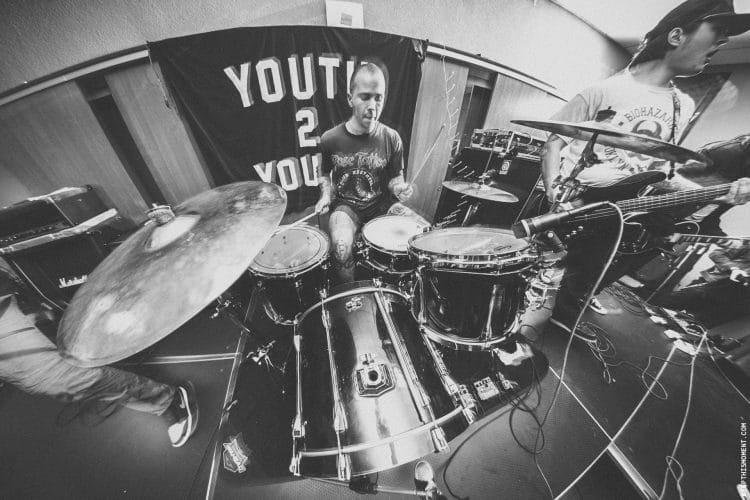
In the sense that Krishna-core bands like 108, Cro-Mags, and Shelter were dedicated to global change’s being predicated on individual commitment to self-betterment, Change is working locally, and thinking metaphysically. After the community-building, self-dissolving “Beyond,” which entreats the listener to “Reach out to someone else” to “reach beyond the self,” the album hones in on what is essentially its central argument in the song “Still.” “The few that strive to engage to make a difference and work for change, with ideas and action, music and words, improve ourselves and improve the world.” This one verse of the circle-pitting stage-diver condenses everything this album is about into a few lines, a thesis statement that is supported, expanded, and elaborated on as the LP delivers single-worthy tracks, one after another and without exception, culminating in the eponymous, penultimate song, “Change.”
“Change” invites the listener, the eventual concert-goer, to dedicate themselves, to take an oath. One of the catchiest songs on the album, “Change” has the listener singing along subconsciously, along with anyone else listening at the moment, along with anyone making an effort to grow and to sow the seeds of a better world in their community. Although no one is at group concerts, this song is a unifying force and belongs in an AA or NA meeting as much as it belongs at a concert venue. “Tear away the things concealing me, So much anger and insecurity, and I will learn from this pain. I will change.” These are words with too much courage for the average tough-guy band to share. This vulnerability, particularly potent after the righteous rage that preceded it, is cleansing, transforming, and if it can transform the individual, it can transform the world.
“Change” is a logical closing track, and if this were the early ’00s, the true final track, “Death,” might have been a hidden track, one for those who have been listening earnestly, absorbing Change’s message, a reward for the fan who isn’t rushing to press the “disc change” or “repeat” button. At once cosmic and intimate, the track is the sound of waves crashing on the shore, providing a subtle backdrop to vocalist Aram Arslanian’s meditation on the nature of death. The death that he–and by extension, we–must endeavor to accept is not only the eventual corporeal death, but the death of a past self, the death of concepts and prejudices, and the death of every passing moment, allowing us to revive, renew, and reincarnate with every passing breath. You will change. Embrace it, and allow it to empower you.
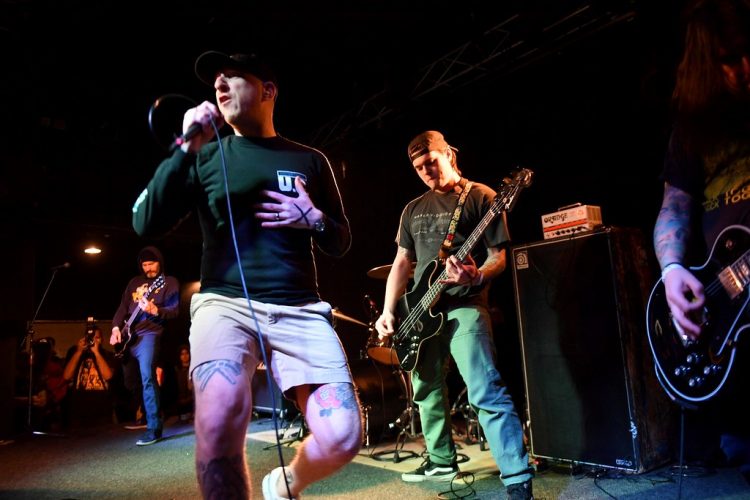
Change found the time to talk about their brilliant album Closer Still.
Change is a project that combines the talents of musicians from some of the best bands in the Northwest and BC. How did this project emerge, and what were the original goals for it?
The idea for the band started years ago. I wanted to do a project that was focused on capturing the energy and message of bands like 7 Seconds and INSTED, with the aggression and song writing chops of Uniform Choice, Youth of Today, and Minor Threat, while mixing it with the musicianship and willingness to experiment that the Bad Brains brought. At first, I was going to sing, then I switched over to guitar, then eventually back over to vocals. A lot of years passed between the beginning of the band and the release of the record, and there were plenty of starts, stops, and member changes along the way.
Eventually, Alex, Dave, Carl, and I recorded the music, which sat unused for a long time. After a couple of years, I felt a real need to complete the record, and went back in and did the vocals. By the time the record was done the other guys opted out for very understandable reasons. But, for me, the record had gone from just another project to something that held a much deeper personal meaning. So, I decided to move forward and asked Chris, Mike, Jeff, and Matt to join and that’s the lineup that’s been touring.
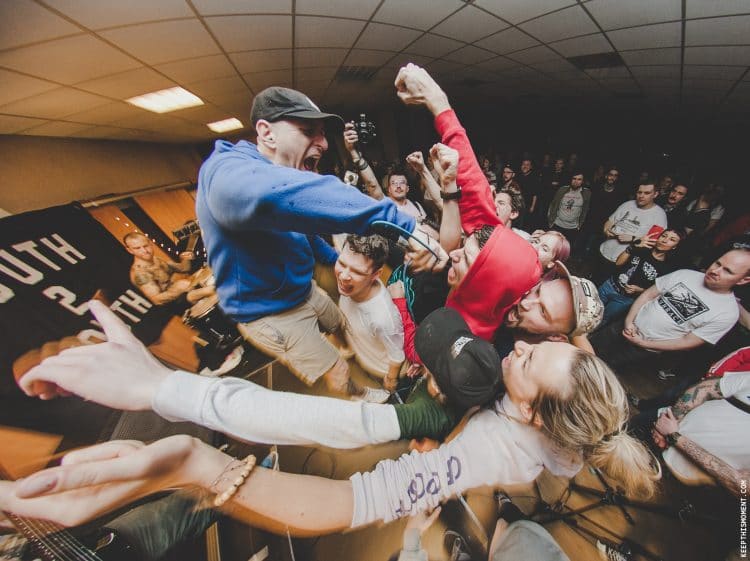
What are the strongest musical inspirations for Change? What bands were you all listening to when you wrote these songs? How did the band approach song writing differently in this band than in their other bands?
The clearest inspirations are Youth of Today, Uniform Choice, INSTED, Bad Brains, Straight Ahead, Verbal Assault, Embrace, 7 Seconds, Sportswear, Gorilla Biscuits, and Minor Threat. But I didn’t want to be derivative of the bands we grew up on, which is definitely what I’ve done in the past. So, I spent a lot of time listening to the bands that those groups took influence from. I was listening to a broad range of stuff: reggae, 80’s pop, funk, shoegaze, prog rock, thrash, and early metal. I was focusing on how songs were written, especially the connection between the bass and drums, and then tried to bring what I learned into the songwriting for the LP.
For 12 of the 13 songs, I brought the songs in, and then as a band, we re-wrote them together. The other song Dave brought in and we took the same approach. It was an interesting process because no ideas were off the table, which definitely caused some tension since we worked and re-worked each song so we could try different things. I know it sounds odd since the record is like 21 minutes long, but we put in a lot of hours on these songs. We recorded the music and back-up vocals with Jesse Gander at Rain City Recorders, who really pushed us and also gave us encouragement and space to try a bunch of different ideas. Jesse also mixed the record and did an incredible job. For vocals, I worked with Avrinder Dhillon at Ziyen Studios who took a lot of time with me to try different ideas. He gave very thoughtful feedback, pushed me for the best take possible, and helped boost my confidence.
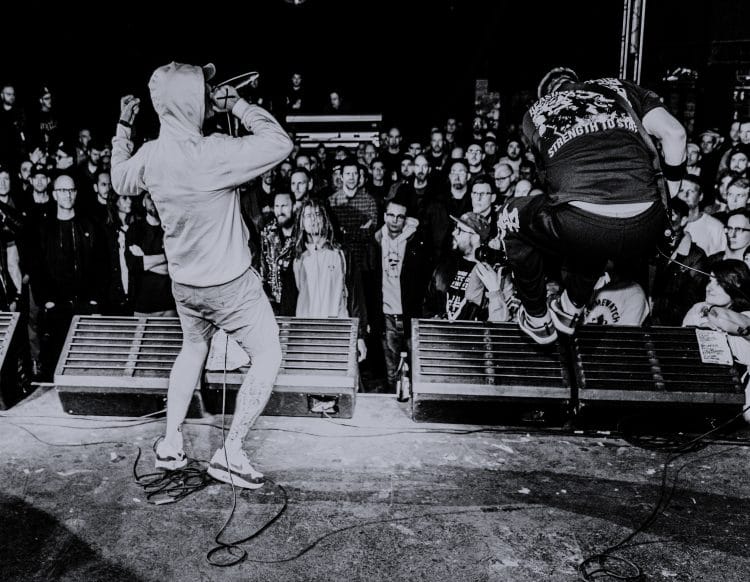
What were the lyrical inspirations for this release?
I was going through a brutal time for a few years and that’s what fueled it. There’s a lot I could say here, but it’s hard to approach in a written interview. For anyone who wants to hear the full story, I’d suggest checking out the episode of Scoped Exposure podcast that I did recently. In short, my group of friends was dealing with a really serious situation, and at the same time I had some big life changes, and I was struggling. My whole world turned upside down, and it’s the first time in my life that I felt completely lost. I didn’t know what to do, who to turn to, who to trust. So, I went inward for a long time, tightened my circle, focused on taking one step forward at a time, and just tried to do the next right thing.
I was going to therapy weekly and the person I was working with kept encouraging me to open up to people about what was going on for me. I knew he was right, but I didn’t feel comfortable with it because I was still too messed up, so I started writing. At first, I wasn’t really writing for any specific project, just writing to clear my head. After a while, I started to think about putting these ideas into songs and that led me back to the music that we’d tracked years earlier.
I spent a lot of time on these songs. They might come across as pretty standard HC lyrics, which is kinda the intent. They’re written on two levels: on one level a clear subject that people should be able to relate to, and on another level something that’s specific to what I was going through. Each word is measured, and anyone who knows me well will get the personal meaning.
Washington and British Columbia seem to have excellent hardcore scenes. Can you describe the scenes there? What is it about these areas that fosters that musical environment? Are there any bands that more people should be listening to?
I love the PNW scene! A lot of big tours don’t come here so I think the isolation breeds some of the very best bands. My current favs are: Punitive Damage, Odd Man Out, Gag, With x War, Dying For It, End of Dayz, Lower Species, By All Means, Juice, Rejection Pact, Specters, Tilted, Applewhite, Wirehead, Chain Whip and Ingrown.
Like so many of the most influential hardcore bands, Change is vocal about injustice in all its forms. What are some of the most important issues for the band? In a time when every social and political issue seems to be coming to a head, do you direct your focus when writing lyrics?
It’s important to pay attention to and be engaged with the changes happening in our society. Specifically, we support confronting the systems that create and sustain inequality for people, as well as those that cause us to treat the other life on this planet as objects.
We seem to be in an age when more people are talking about social justice and animal rights than ever before? Do you think that people are “waking up,” to these issues? If so, why now? And what are your hopes/expectations for the future?
It does seem to be really increasing, and I think the voices of people who have been talking about this stuff for years are finally being heard and amplified. It’s important to remember that there have been people doing this work for years, and one of the most important things we can do is learn how to increase the reach and momentum of that work while respecting those who held it down this whole time. It’s an important time of social change, and we have to be involved, while also walking with awareness on a path that’s been blazed by others.
What do you love about hardcore today? What should be changed?
I can’t really say. I don’t know enough about every scene in every city to speak for the whole HC community. All I can say is that my goal is to continue to get better at accepting who I am, while also working on continuing to grow.
Possibly more than any other genre, hardcore has always been overtly political (even when the lyrics are personal). What is it about the genre that makes it a good vehicle for these messages? Do you think hardcore has to be political?
It’s been the place for the outcasts, so that means the voices are often critical of the systems that rejected them. So yeah, I do think HC has to be political, but how that’s expressed from person to person and band to band can be pretty different. My take is that any statement of life is political. It can take a lot of forms, and at their core, I think most HC songs are a statement of, “I’m here, I see what’s happening and I’m not going to stay silent”
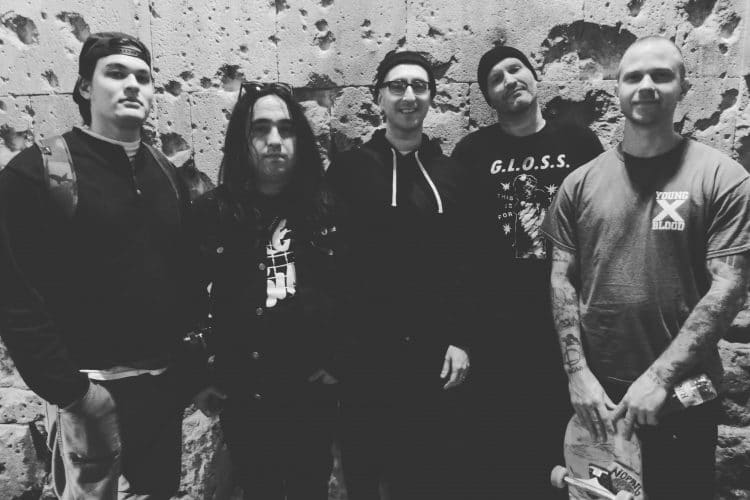
On October 8, Change partnered with Deathwish, React, and Refuse Records to stage a benefit/record release, with all funds going to the Coalition to Stop Violence Against Native Women, and the band encourages fans to continue to support and donate to this important organization.
Closer Still is available through React and Deathwish.
